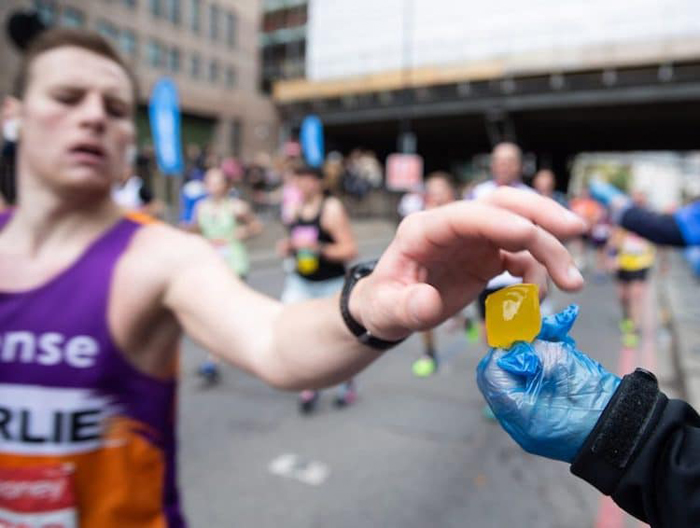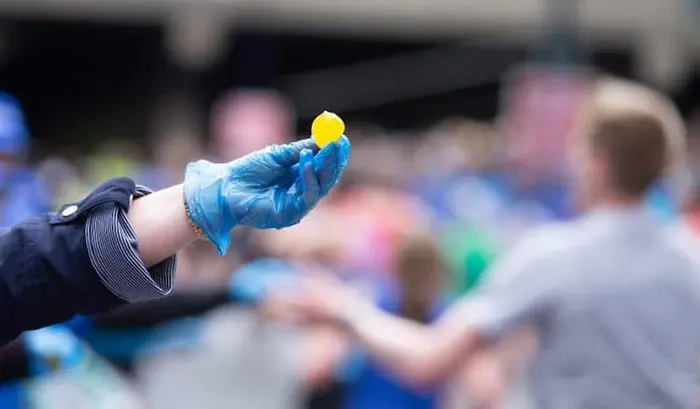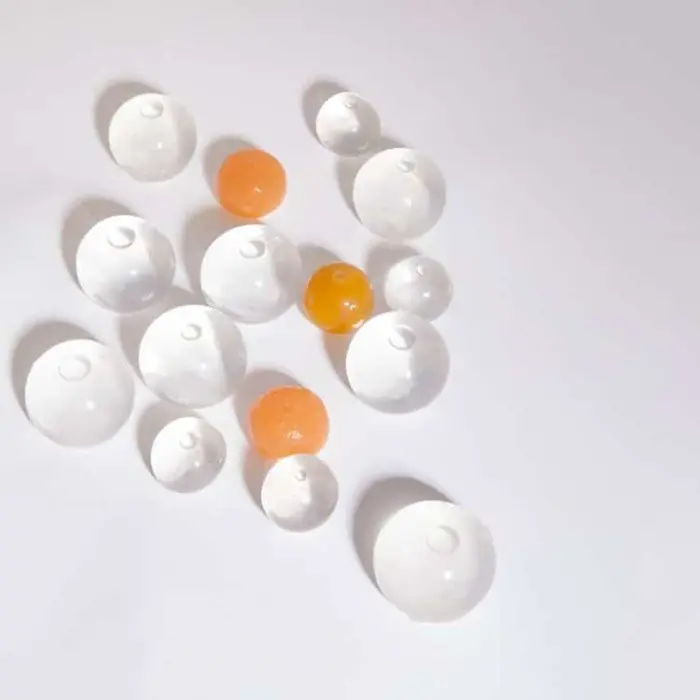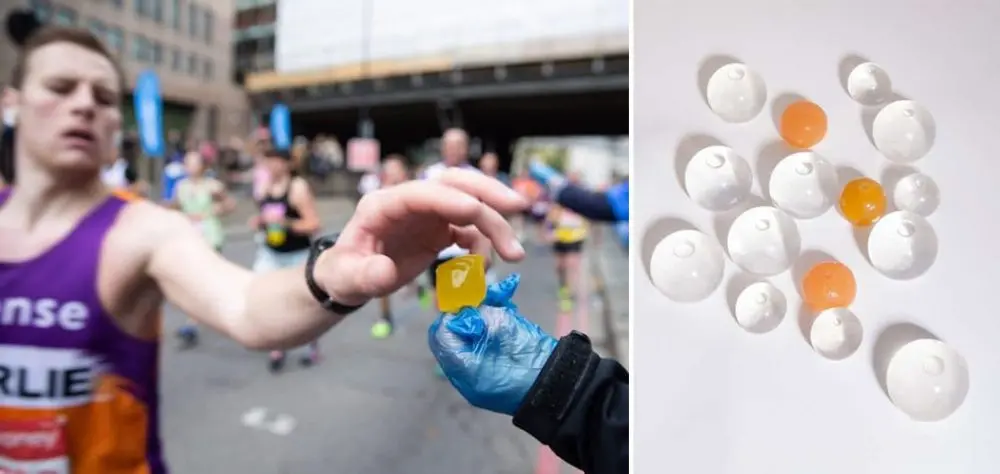There’s an urgency to raise awareness on the threats of plastic pollution to our environment. Plastic materials would take a thousand years to decompose. And while they exist, they release toxic fumes into the air and surrounding soil. All living things (human, animals, and plants) are susceptible to health hazards when they inhale or ingest these harmful chemicals. To address this problem, various organizations and advocates are promoting ways to reduce plastic consumption. One of the most innovative ways to minimize plastic waste is this genius invention called Ooho . Invented by Skipping Rocks Lab, a London-based company that mainly produces sustainable packaging, Ooho pods can be a great alternative.

Ooho pods are made from seaweed and plant materials called Notpla. The good thing about this organic material is that it naturally disappears in just four weeks. Furthermore, this natural material is as durable as plastic. The company introduced the Notpla packaging in 2013 in their goal to replace plastic packaging. But it was not until 2017 that it was finally put to use when it first piloted at the London Marathon.

Every year, this major running event brings about 760,000 plastic bottles of drinking water for the participants. Imagine those numbers of plastic wastes accumulated after each event. For this reason, Skipping Rocks Lab collaborated with the marathon organizers to use Ooho instead of plastic bottles. The small spheres are filled with Lucozade Sport Orange and were offered to runners at mile 23. Since then, Ooho has been a frequent beverage provider for the marathon participants. This year, they were able to cut down plastic wastes to 215,000. To put it simply, Ooho pods were able to save the planet by reducing 545,000 plastic bottles.

Ooho pods filled with Lucozade Sports Orange were handed out to runners during the 2019 London Marathon

Skipping Rocks Lab continues to promote Ooho pods to replace plastic packaging, not just for drinking water but for everything. Apart from Ooho pods, the company is also producing other sustainable products in the form of nets and sachets.

